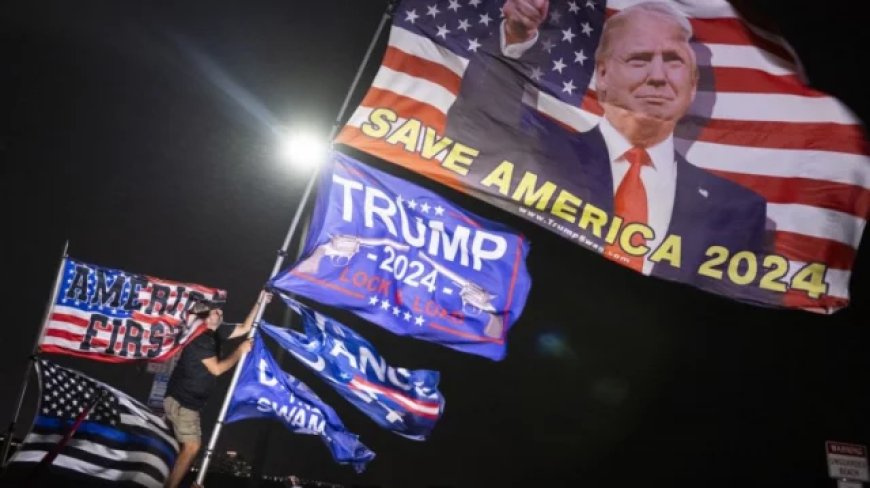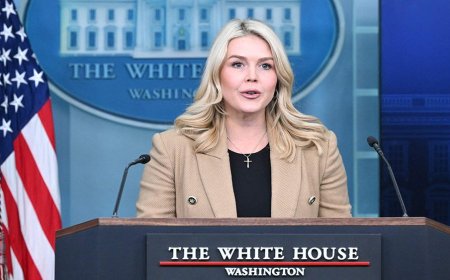U.S. democracy 'depends on' holding the presidency accountable
Legal rulings and departmental policies shield sitting U.S. presidents from prosecution. Are there alternative mechanisms to hold arguably the world's most powerful leader accountable?

The U.S. Declaration of Independence famously declares that “all men are created equal,” yet recent legal and judicial decisions seem to challenge this principle. The federal justice system has shielded U.S. presidents from criminal prosecution, creating a stark disparity. This issue gained renewed attention with Donald Trump’s return to the White House in 2025 as the first convicted felon to assume the presidency. Despite his conviction, there were no constitutional barriers to his election victory, and the opposing party did not contest the results.
Trump’s Legal Battles
Trump was convicted on 34 felony counts related to a hush-money payment scheme involving adult film actress Stormy Daniels, which aimed to influence the 2016 election. In January 2025, Judge Juan M. Merchan sentenced him to an unconditional discharge, leaving him free of penalties. Trump maintains his innocence, plans to appeal, and, if unsuccessful, may use his presidential pardon powers on himself.
Other cases against Trump include:
- Federal Cases: The Department of Justice (DoJ) abandoned two federal cases against him, citing its long-standing policy against prosecuting a sitting president. These cases concerned Trump’s alleged attempts to overturn the 2020 election and his retention of classified documents after leaving office. Special prosecutor Jack Smith concluded Trump likely would have been convicted if the cases had proceeded.
- Georgia Case: A separate trial in Georgia related to election interference remains stalled due to issues within the prosecutor’s office.
- Civil Lawsuits: Trump was found liable in two defamation cases brought by journalist E. Jean Carroll. He denies the allegations and plans to appeal.
Legal Immunity and Accountability
A 2024 Supreme Court ruling granted U.S. presidents “broad immunity” for official decisions made during their tenure, reinforcing protections already established by DoJ policies. Critics argue this undermines the principle of equality under the law and places the presidency above legal accountability.
Richard Painter, a legal scholar and former ethics lawyer in the George W. Bush administration, calls this immunity “categorically wrong,” stating that a functioning democracy requires no one, including the president, to be above the law. Painter noted that the Justice Department has maintained this position since Richard Nixon’s presidency, despite no constitutional provision supporting it.
Potential for Reform
Observers question whether Trump’s legacy could serve as a catalyst for change. Painter suggests constitutional amendments or a Supreme Court reversal could restore presidential accountability. Political scientist Costas Panagopoulos believes a president’s legacy might also play a role, influencing how leaders approach their actions in office.
For Trump, a second term offers the chance to reshape his image, potentially steering away from controversy to focus on governance that aligns with traditional expectations of the presidency. While it’s uncertain whether Trump will moderate his behavior, the debate over presidential accountability is likely to persist long after his time in office.
What's Your Reaction?




















































































